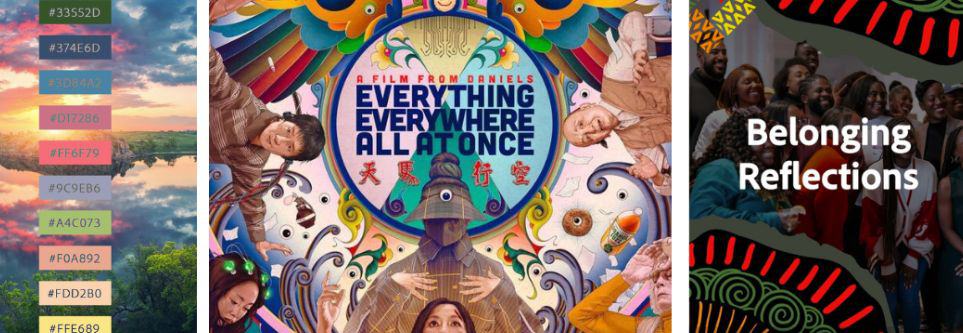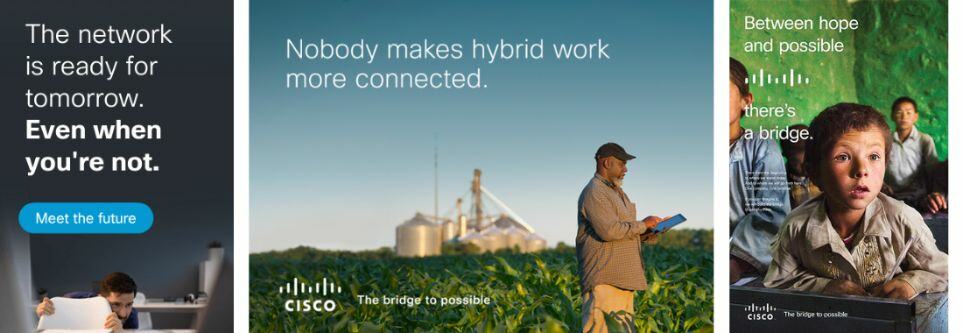
Welcome to the new world of marketing, where the rules have changed, and the game has become more interesting since the rise of ad-blocking and distrust of traditional advertising.
In fact, the days of relying on traditional earned PR tactics for publicity and media coverage are long gone. Think about it – when was the last time you saw a viral video that came from a press release? Probably never.
In today’s digital age, consumers have more control than ever before, with the power to make or break brands with a single tweet or LinkedIn post. It is all about creating compelling content that resonates with your audience, adds value, and creates buzz on the fly. The publicity then follows if consumers love your content.
Therefore, it is time to wake up and smell the organic coffee if you are still clinging to old-school PR methods.
In 2023 and beyond, organic content is the new king of earned PR
Don’t believe it? Let us look at some B2B brands that have already mastered the art of organic content and are reaping the rewards of earned PR:
1. HubSpot

(Image: Social media creatives promoting topical content, as seen on HubSpot’s LinkedIn)
HubSpot’s blog is a prime example of their expertise in inbound marketing. They consistently produce high-quality educational content, building a loyal following and thought leadership. Their team also shares company updates and stories on social media that aim to interact and resonate with their audience.
Many marketers have since turned into HubSpot influencers who endorse the brand’s products and services.
2. Adobe

(Image: Inbound marketing content as seen on Adobe’s social channels, including LinkedIn)
Adobe shares valuable content like product updates, tutorials, and user-generated content on social media, building trust and loyalty with its followers.
Highlighting customer successes and creativity through shared content generates positive PR for the brand and creates a sense of community around its products.
3. Cisco

(Image: An example of Cisco’s inbound marketing creatives, used to promote their content across socials)
Cisco’s organic content strategy on social media focuses on providing value through industry updates, company news, and real-world examples of the impact of its products and services.
This approach establishes Cisco as a thought leader in the industry and generates positive word-of-mouth and PR for the brand.
So why is organic content so important for brands today?
Well, for starters, it is more authentic, shareable, and cost-effective!
Consumers are savvy, and they can spot a forced PR pitch from a mile away. With organic content, brands are able to showcase their personality and connect with their audience on a deeper level. This type of content is more likely to be shared and engaged with, leading to more exposure and potentially more leads than traditional advertising or PR content.
Organic content is also more cost-effective than traditional advertising or PR efforts. While paid advertising can be effective, it can also be expensive. Organic content, on the other hand, is created and shared by the brand or its followers, meaning that there are no additional costs beyond the initial creation of the content.
Moreover, organic content has the potential to have a longer lifespan than traditional advertising or PR content. While paid advertising campaigns typically have a set start and end date, organic content can continue to be shared and engaged with for months or even years after it was initially created!
What are some important organic content trends for brands to consider?
To activate organic content and achieve maximum PR outreach in 2023, here are three trends/strategies you should consider:
Influencer Partnerships

(Image: An influencer filming a piece-to-camera on her phone to promote a brand)
Partnering with influencers (both macro and micro) who share your brand values is a powerful way to leverage organic content and reach new audiences. According to HubSpot’s 2023 trends report, 56% of marketers are already working with micro-influencers to promote their brands.
B2B brands can collaborate with industry-relevant influencers to co-create content, cross-promote brand stories, co-host webinars, and organize podcasts to showcase their expertise and thought leadership.
User-generated content

(Image: A visual depiction of user-generated content that can be accessible across different social platforms)
Encouraging customers to share their experiences with your products or services through user-generated content (UGC) is another effective way to build trust and authenticity with your audience. Brands like Canva, HubSpot, and Adobe have already leveraged the power of UGC to strengthen their brand identity.
This has been achieved through featuring the best content on their social media channels, with the aim to showcase their brand’s authenticity, while also encouraging engagement with the audiences they are targeting.
Video content

(Image: A photo of someone creating organic video content for their social media)
We’ve all heard it before…Video content is the king of social media and one of the most popular forms of organic content!
Whether it is short-form videos for social media or longer-form videos for your website or blog, video content is highly engaging and can help to boost your brand’s visibility and reach. B2B brands can use more video testimonials and product tutorials to supplement plain blog articles.
Organic Content is the New Earned PR
While earned PR still has its place, organic content is more effective in today’s digital landscape. A recent study carried out by Deloitte, found that 81% of consumers trust advice and information from blogs, while only 33% trust traditional advertisements. (Source)
By implementing key trends like influencer partnerships, user-generated content, and video content, brands can activate organic content and achieve maximum PR outreach. The key is to focus on authenticity and relevance when creating and sharing organic content.
If you would like to maximise your PR outreach through organic content, please get in touch with our team of specialists. We would love to support you on your digital journey!